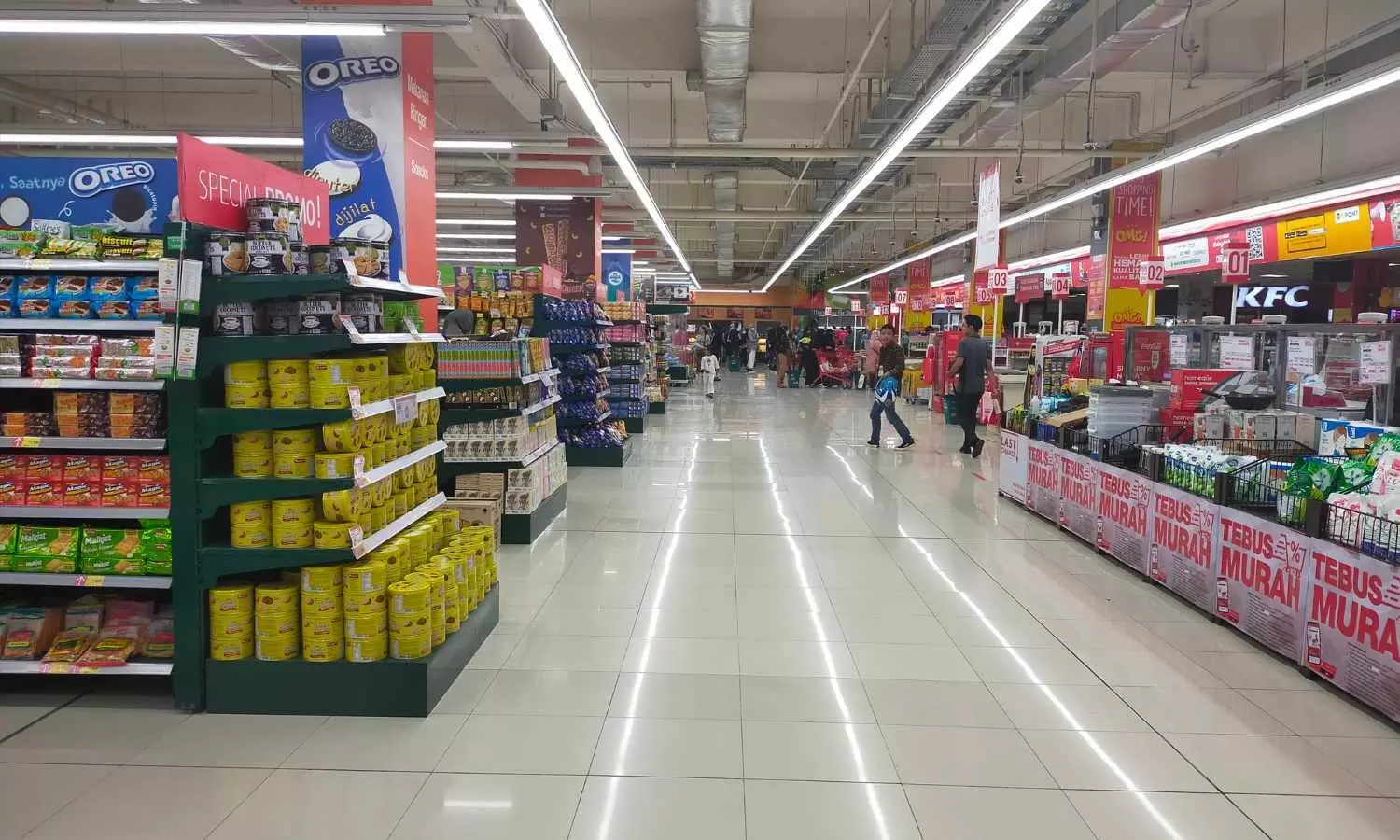Travel Retail grows despite unprecedent challenges
Travel retail sector continues to expand despite global disruptions, showing resilience through digital innovations, strategic partnerships, and evolving consumer demands.
Travel Retail grows despite unprecedent challenges

In today’s rapidly shifting trade environment, retailers are facing unprecedented challenges. Mounting tariffs, rising shipping costs, and global policy volatility are turning supply chains into battlegrounds and forcing companies to rethink established strategies.
The duty-free retailing market size has grown strongly in recent years. It will grow from $40.32 billion in 2024 to $43.95 billion in 2025 at a compound annual growth rate (CAGR) of 9.0%. The growth in the historic period can be attributed to the expanding middle-class demographic globally, increased air travel connectivity, streamlined customs, and immigration procedures at airports, integration of local culture and heritage into duty-free offerings, and robust security measures and safety protocols.
The duty-free retailing market size is expected to see strong growth in the next few years. It will grow to $61.41 billion in 2029 at a compound annual growth rate (CAGR) of 8.7%. The growth in the forecast period can be attributed to increasing numbers of international travelers, higher disposable incomes worldwide, favorable currency exchange rates, well-designed airport layouts, changes in consumer demographics, such as an aging population or increasing millennial travelers, and consumer demand for exclusive and limited edition products. Major trends in the forecast period include the development and expansion of airports globally, investments in technology and customer service improvements, adoption of digital technologies and online platforms, technological advancements in payment systems, and integration of omnichannel retailing strategies.
Recently, there has been a significant demand for alcohol across nations, especially in Asia. The increasing demand is attributable to diversifying buying habits of consumers, rapidly rising international tourist arrivals, and increasing spending among the middle-class population/travelers. Furthermore, the increased premium liquor demand is growing the consumer interest in duty free alcohol at the macro level globally.
The rising demand for duty free alcohol has encouraged prominent industry participants to launch online stores to accelerate sales. For instance, in July 2023, Lotte Duty-Free, a Korea-based travel retailer, introduced its online alcohol platform, providing over 700 products from over 100 brands. The online store offers a large assortment of alcohol, including brandy, wine, Cognac, and whisky. It also provides limited edition products such as Glenfiddich Yozakura whisky (29-Year-Old).
Airports lead the market with around 57.5% of market share in 2024. This segment is responsible for a substantial portion of world sales. They are high-traffic commercial centers where people from various backgrounds gather, providing the perfect environment for displaying and selling luxury products. With the steady growth in international air travel, airports have increasingly transformed into comprehensive retail environments, offering a wide range of luxury goods, cosmetics, electronics, and alcoholic beverages. Placement of duty-free shops at departure and arrival points maximizes visibility and accessibility, facilitating impulse buying. In addition, airports allow brands to offer unique travel editions and offers that appeal to time-conscious consumers looking for convenience and value. Better infrastructure, better terminal design, and incorporation of digital solutions like click-and-collect services further solidified airport retail's position. With non-aeronautical revenues increasingly critical to airport operators, duty-free retail remains an important source of revenue.
The duty-free market is experiencing a period of significant transformation, driven by several key trends. The COVID-19 pandemic caused a major disruption, but the sector has shown resilience and is now poised for strong growth. The shift towards experience-led retailing is a prominent feature, with retailers focusing on creating immersive and personalized shopping environments to enhance customer engagement. This involves incorporating technology, personalized offers, and interactive displays. Digitalization is also reshaping the industry. Online pre-ordering, mobile payments, and integrated loyalty programs are becoming increasingly common, providing enhanced convenience for travelers. This trend reflects a wider consumer preference for seamless and personalized shopping experiences across all retail sectors. Another key trend is the growing importance of sustainability and ethical sourcing. Consumers are increasingly conscious of the environmental and social impact of their purchases, and duty-free retailers are responding by offering more sustainable products and engaging in responsible business practices. This includes partnerships with eco-conscious brands and a greater emphasis on waste reduction and efficient logistics. Furthermore, the focus on local and regional products within duty-free stores is adding unique appeal and supports local economies. This reflects the growing consumer interest in experiencing the cultural aspects of travel destinations. The increasing popularity of experiential travel is driving sales in duty-free locations offering a broader range of experiences beyond typical product purchases, contributing to the growth of the sector. Finally, geopolitical events are reshaping market dynamics with some markets showing stronger growth while others experience slowdowns. The industry's adaptability and focus on customer experience will ultimately determine its future success.

